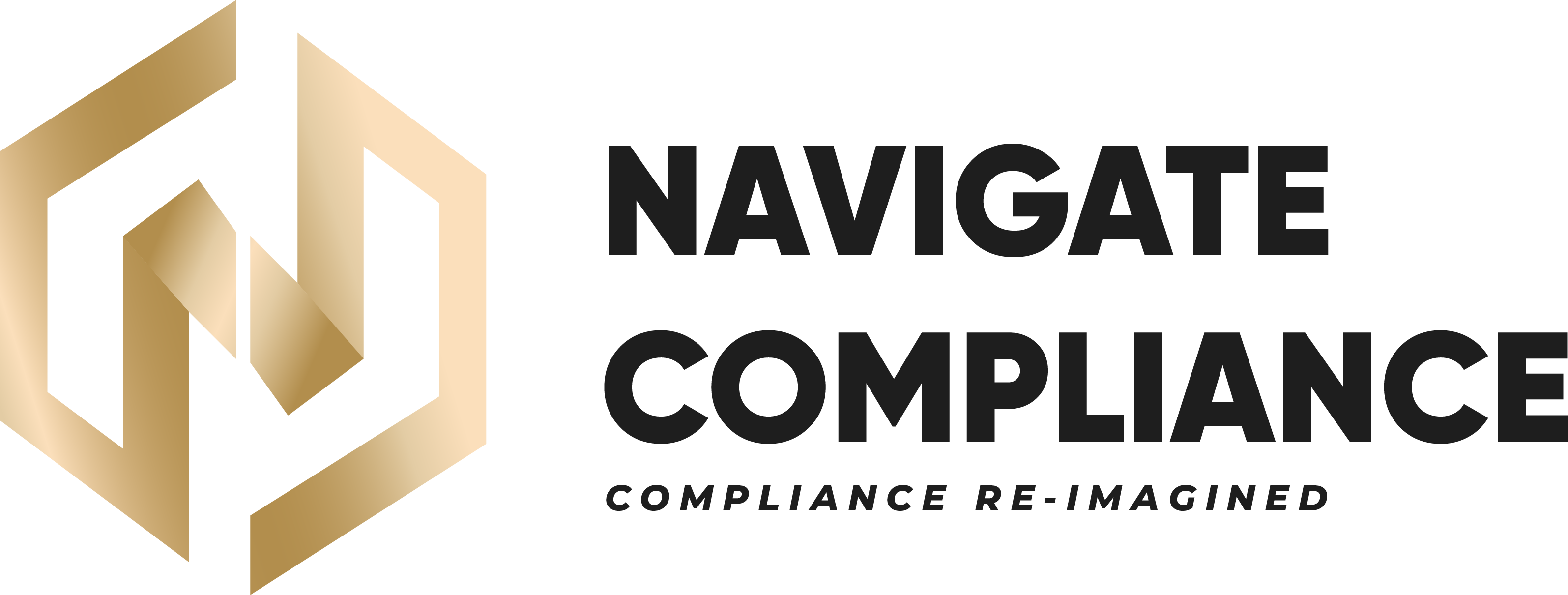Understanding the Impact of State Capture on South Africa💥
The concept of state capture has garnered significant attention in recent years, and South Africa has unfortunately become a notable case study in this phenomenon. State capture refers to the manipulation and compromise of key state institutions by private individuals or entities for their own personal gain. It describes a scenario where businesses and politicians conspire to manipulate a country’s decision-making process for their own benefit. It involves weakening laws and neutralizing agencies that enforce them. Rather than individual bribes, it’s about strategically influencing legislative processes and making the entire policy-making structure commodified.
How It Operates:
Instead of paying to get away with breaking the law, those involved in state capture pay to make the law work for them. Corporations can influence legislation and political actors allow this for private gain. The state’s law enforcement mechanisms may be weakened to prevent crackdowns on corruption.
State capture in South Africa
State capture in South Africa has had far-reaching effects, impacted various sectors and contributed to widespread public disillusionment. One prominent example is the alleged capture of key state-owned enterprises (SOEs) such as Eskom, Transnet, and SAA, which are crucial for the country’s economic stability. The capture of these institutions has resulted in mismanagement, corruption, and a significant drain on public resources.
Understanding the causes and enablers of state capture is crucial in order to effectively combat this issue. A combination of factors contributes to the vulnerability of institutions to capture:
Lack of transparency and accountability: Weak oversight mechanisms and insufficient transparency in decision-making processes create an environment ripe for exploitation.
Corruption: The presence of widespread corruption within both the public and private sectors allows for collusion and the capture of institutions for personal gain.
Political patronage: Ineffective governance structures and the practice of political patronage contribute to the capture of institutions by individuals seeking to secure their own interests.
Regulatory capture: The capture of regulatory bodies and agencies by those they are meant to regulate compromises their independence and effectiveness.
Capture of the judiciary: When the judicial system is compromised, it undermines the rule of law and allows for the manipulation of legal processes.
Understanding and addressing state capture is a complex process, and ongoing vigilance is required to safeguard the democratic principles and institutions that form the foundation of a thriving nation.
Preventing State Capture
Preventing state capture is crucial for maintaining the integrity of democratic institutions and safeguarding against corruption. Here are some preventive measures:
- Legal and Institutional Reforms:
- Legislative changes: Implement laws that enhance transparency, accountability, and oversight.
- Strengthen institutions: Bolster regulatory bodies, law enforcement agencies, and anti-corruption units to effectively monitor and prevent state capture.
- Transparency and Disclosure:
- Financial transparency: Require public officials and politicians to disclose their financial interests, assets, and connections.
- Open data: Make government contracts, tenders, and procurement processes transparent and accessible to the public.
- Whistleblower Protection:
- Encourage reporting: Establish mechanisms for whistleblowers to report corruption without fear of retaliation.
- Legal safeguards: Enact laws that protect whistleblowers from harassment or dismissal.
- Conflict of Interest Policies:
- Clear guidelines: Define and enforce rules regarding conflicts of interest for public officials.
- Recusal: Require officials to recuse themselves from decisions where they have personal interests.
- Strengthening Civil Society and Media:
- Independent media: Support investigative journalism to expose corruption and hold officials accountable.
- Civil society organizations: Encourage their active role in monitoring government actions and advocating for transparency.
- International Cooperation:
- Exchange of information: Collaborate with other countries to share intelligence on corrupt practices.
- Mutual legal assistance: Facilitate cross-border investigations and asset recovery.
- Political Will and Leadership:
- Commitment: Leaders must prioritize anti-corruption efforts and demonstrate zero tolerance for state capture.
- Lead by example: Uphold ethical standards and integrity in public service.
Remember that preventing state capture requires a multi-faceted approach involving legal, institutional, and societal efforts. By implementing these measures, countries can fortify their defenses against corruption and protect democratic values






